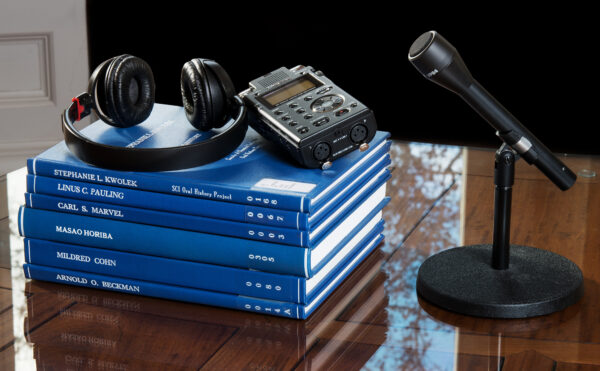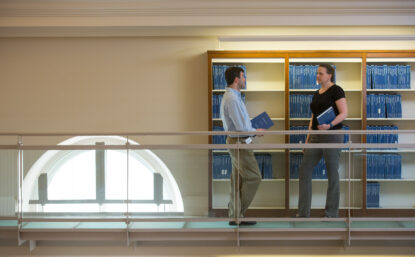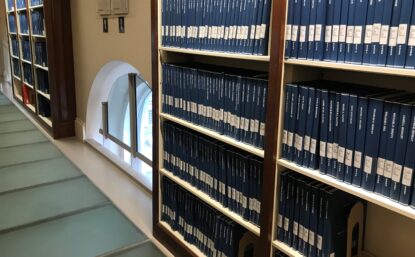Voices of Science
Hear diverse scientists share the stories of their lives and careers, in their own words.
Drawing on the Science History Institute’s oral history collection, Voices of Science shares the stories of five individuals who have faced personal, professional, and social challenges in their paths to become significant contributors to their scientific fields. Watch the videos below to learn more about their individual experiences, journeys, and contributions to both science and society.
Carolyn Bertozzi
Carolyn Bertozzi, a Stanford professor whose work encompasses the fields of biology and chemistry, is the joint recipient of the 2022 Nobel Prize in Chemistry. Bertozzi shares her experiences of being a gay woman working in a typically male-dominated field, and explores what role she can play in encouraging more women to enter the field.
Rory Cooper
Rory Cooper is a bioengineer at the University of Pittsburgh, running a lab to develop assistive devices that meet the diverse needs of users. Cooper explains how his endeavor in making his own wheelchairs ignited his passion for producing devices with lasting impact and nurturing a culture that encourages diversity in engineering.
Shirley Malcom
As a member of the Presidential Council of Advisors on Science and Technology, Shirley Malcom made policy recommendations to President Bill Clinton. She reflects on how a child who grew up in a segregated community in Alabama became an unflinching policy advisor dedicated to the growth of science in the United States.
Lee Riley
Lee Riley was a molecular epidemiologist at Berkeley who investigated methods for tracking infectious diseases. He explores his memory of being born as a multiracial child in Japan and adopted by a U.S. family, explaining how such a transnational upbringing influenced his unique approach to life and work.
Judith Summers-Gates
Judith Summers-Gates studied at Drexel University and worked with multiple federal agencies as a chemist. She shares stories of the multitude of barriers she faced as a disabled woman scientist; most significant, she tells how she tackled these prejudices by devising creative solutions and being a vocal advocator of scientists with disabilities.
Featured image (left to right): Carolyn Bertozzi (Christopher Michel), Rory Cooper (Human Engineering Research Laboratories), Shirley Malcom (NASA/Paul E. Alers), Lee Riley (University of California, Berkeley), and Judith Summers-Gates (Science History Institute).



